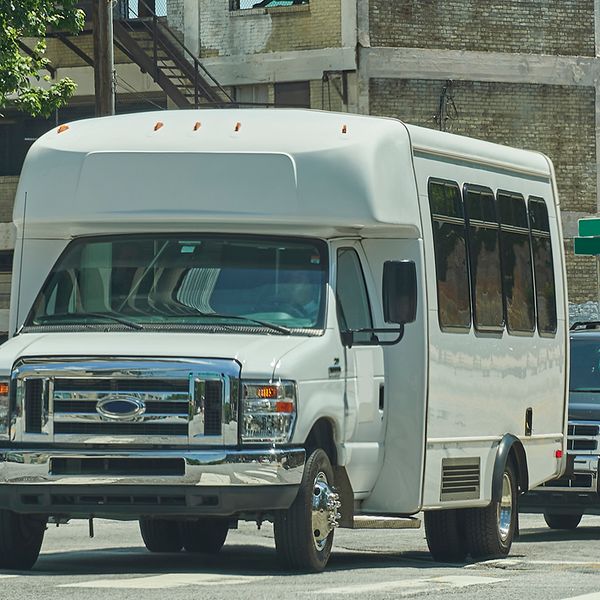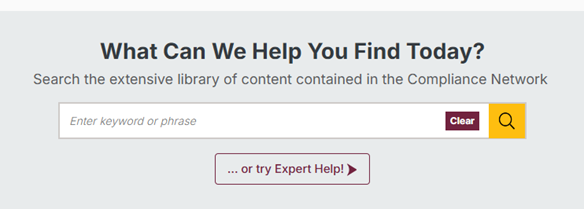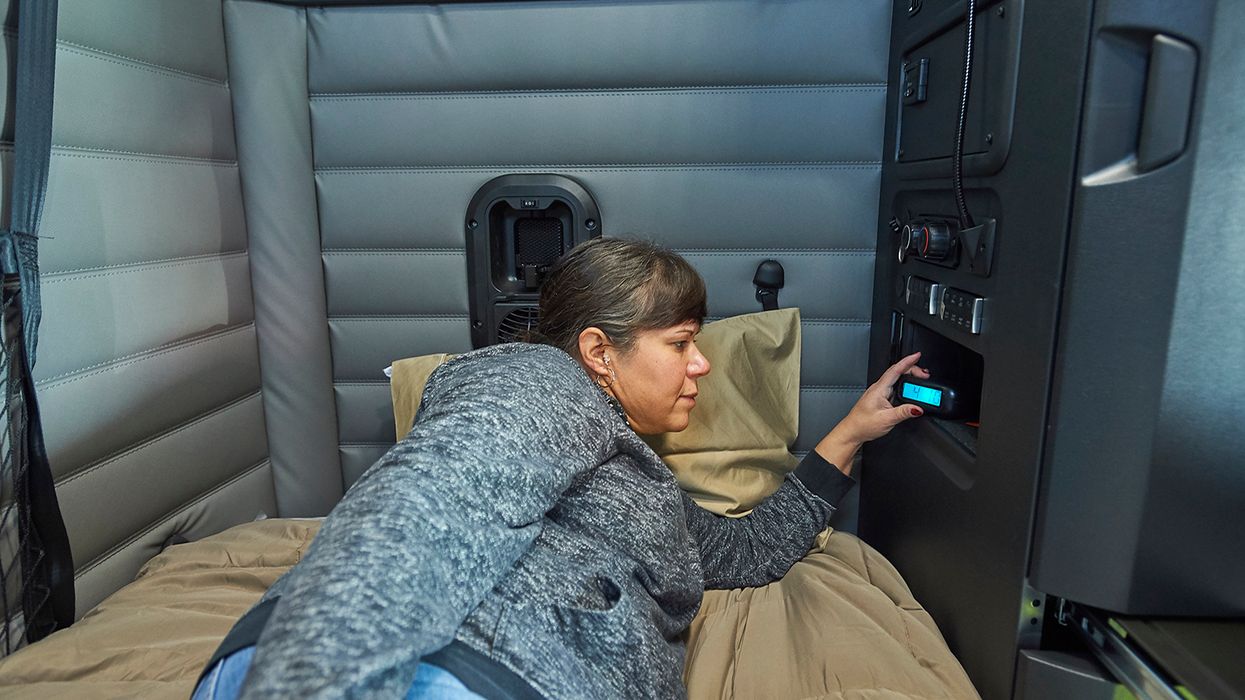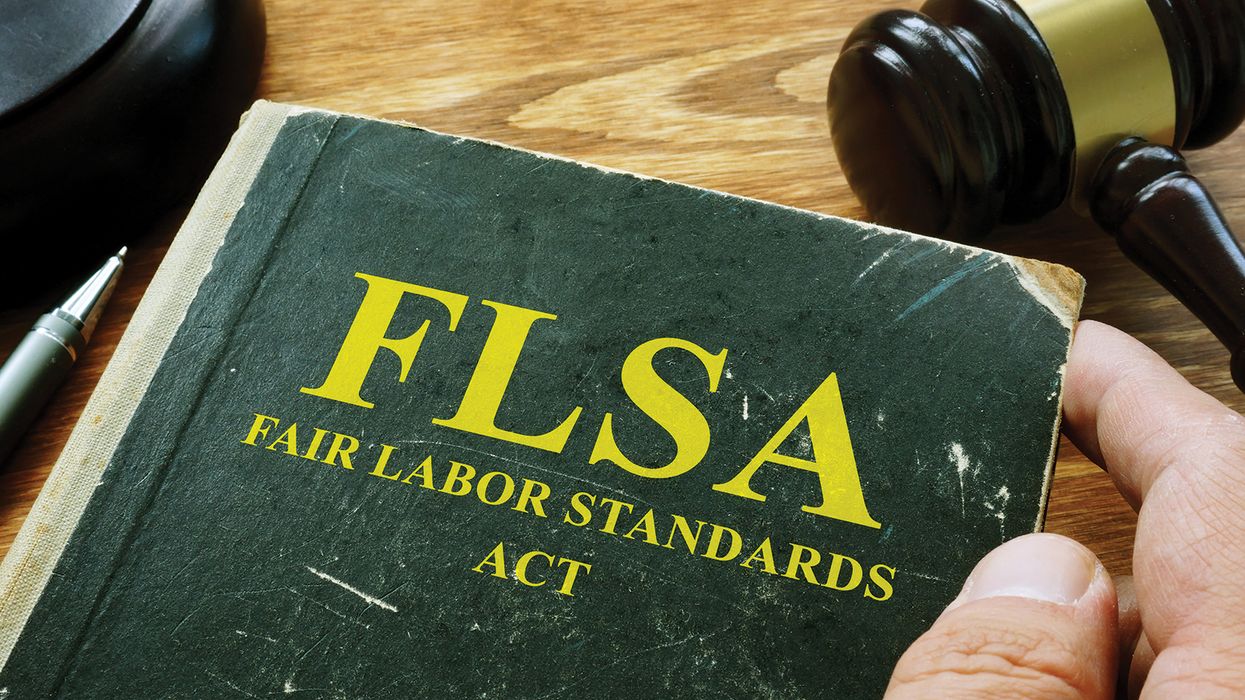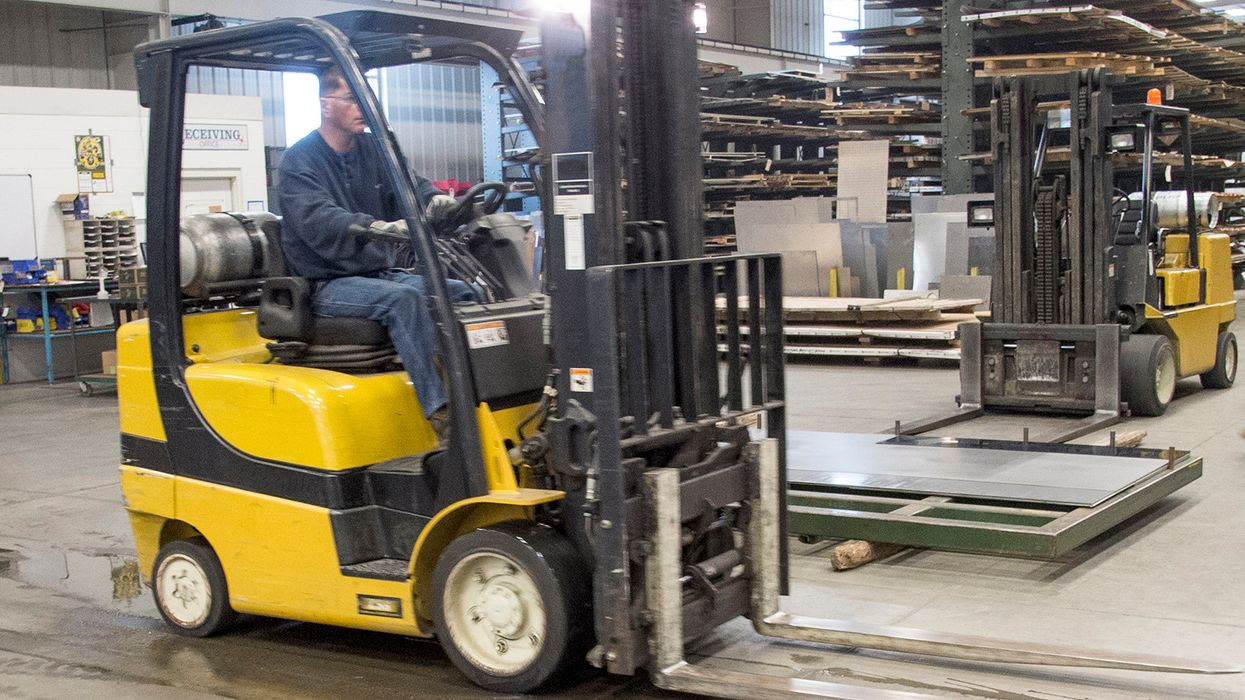Policy tips: When drivers want to take family road trips in your CMVs
Now that school’s out for summer break, your drivers might want to bring family members along for the ride. However, drivers must have permission from the motor carrier prior.
The regulations require that drivers obtain written authorization before transporting any passenger in a commercial motor vehicle (CMV), other than a bus.
Minimum documentation: 49 CFR 392.60
If a motor carrier permits a driver to bring friends and/or family on a dispatch, the authorization must state:
- The name of the person to be transported,
- The points where the transportation is to begin and end, and
- The date upon which such authority expires.
The DOT doesn’t require that drivers carry a copy of this authorization. It must be maintained at the carrier’s principal place of business. At the discretion of the motor carrier, a driver may also carry a copy of the authorization.
Written authorization is not required for those assigned to the CMV by the motor carrier, livestock attendants, or a person that the driver is rendering assistance during an emergency.
Create a formal policy
Before a driver allows a friend or family member to ride along, both the driver and passenger need to know what is expected of them via a formal company policy. Common policy topics include:
- Who may accompany the driver. For example, a company policy might state that only family members are allowed, and they must be at least 10 years old.
- Passenger preapproval in writing by the safety department.
- Passenger restrictions, such as a prohibition against helping the driver with loading/unloading or any other on-duty work.
- Administrative process to request a ride along, including:
- Providing positive identification of the passenger through:
- Copy of passenger’s driver’s license (or other form of I.D), or
- Copy of birth certificate if passenger is a minor.
- Providing proof of relationship to the driver.
- Completing a passenger authorization form signed by the driver and passenger.
- Providing the first month’s premium for passenger insurance via payroll deduction.
- Providing positive identification of the passenger through:
Many policies state that passengers must agree:
- Not to interfere with the operation of the company vehicle by the driver, and
- To abide by all posted rules and regulations while at any customer’s facility.
Articles of interest
Check out the following Compliance Network resources on related topics:
- Unauthorized passengers
- Driving of commercial motor vehicles
- 49 CFR 392, Driving of commercial motor vehicles
Questions
If you have a question on CMV passengers or any other regulatory topic, we encourage you to reach out to our compliance experts using Expert Help. Our team of experts is always happy to assist.






